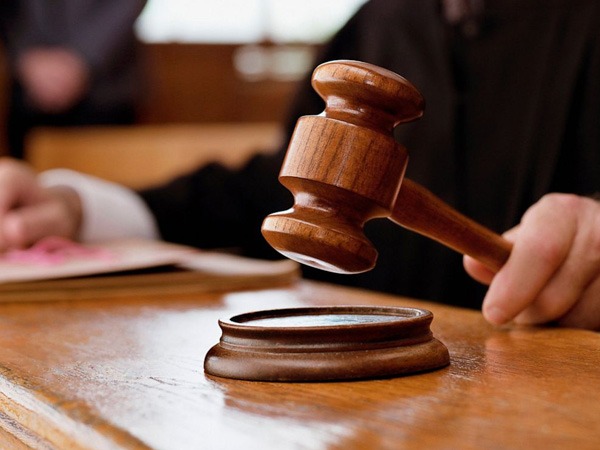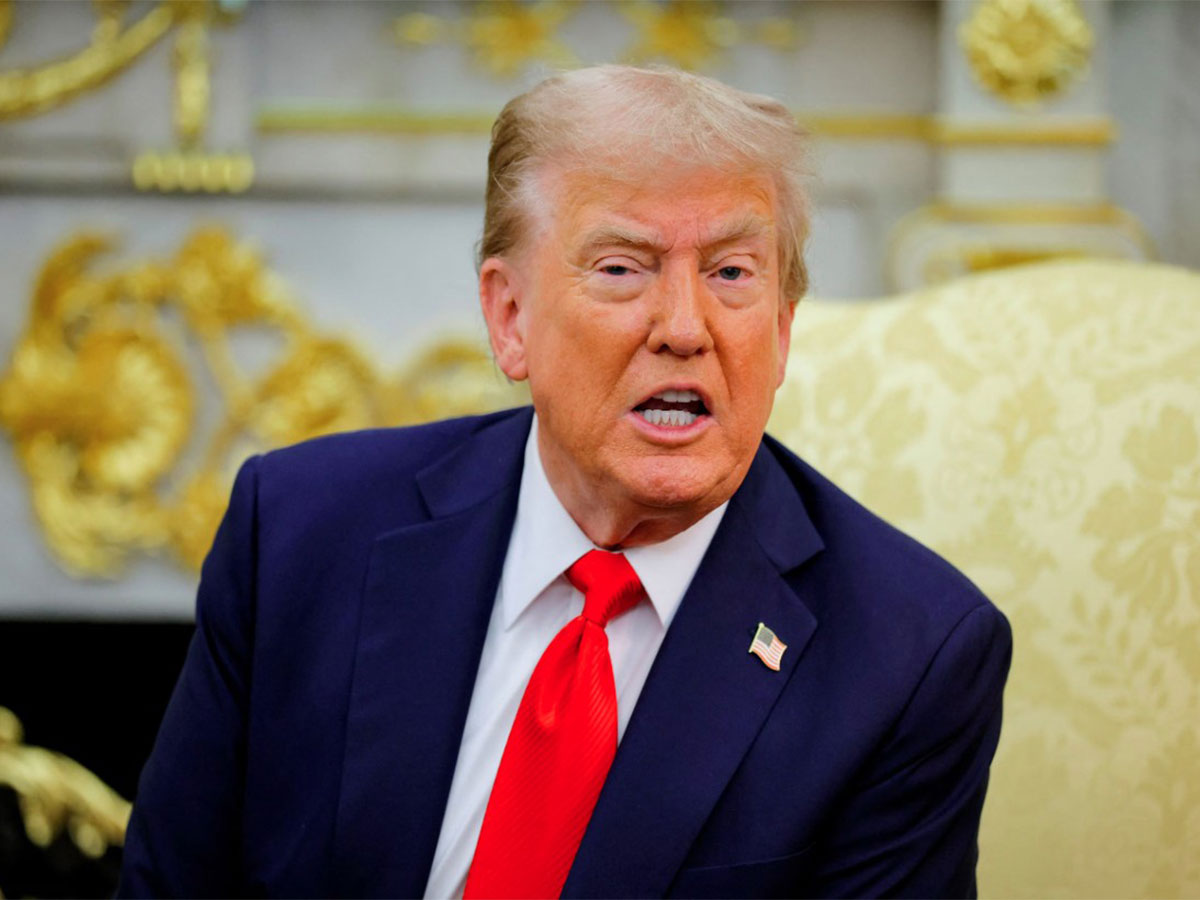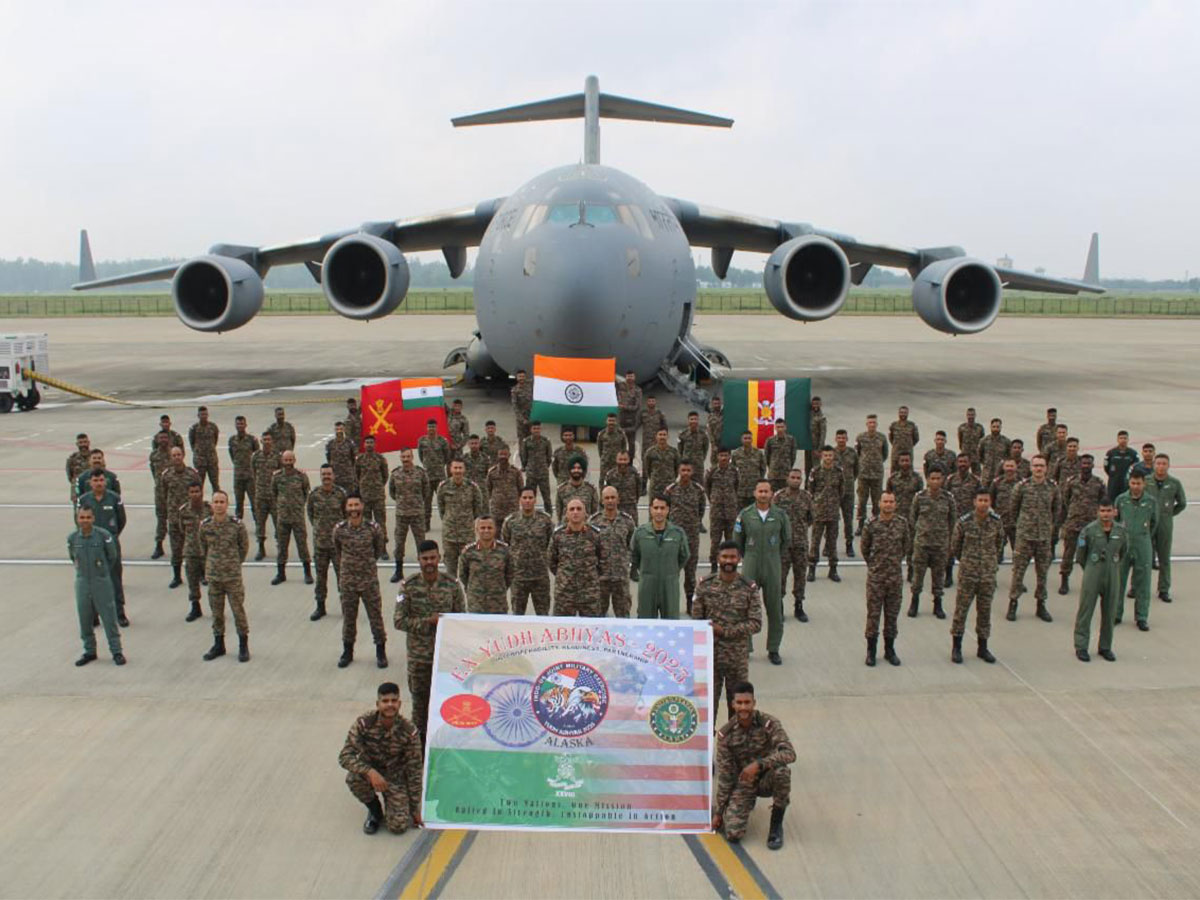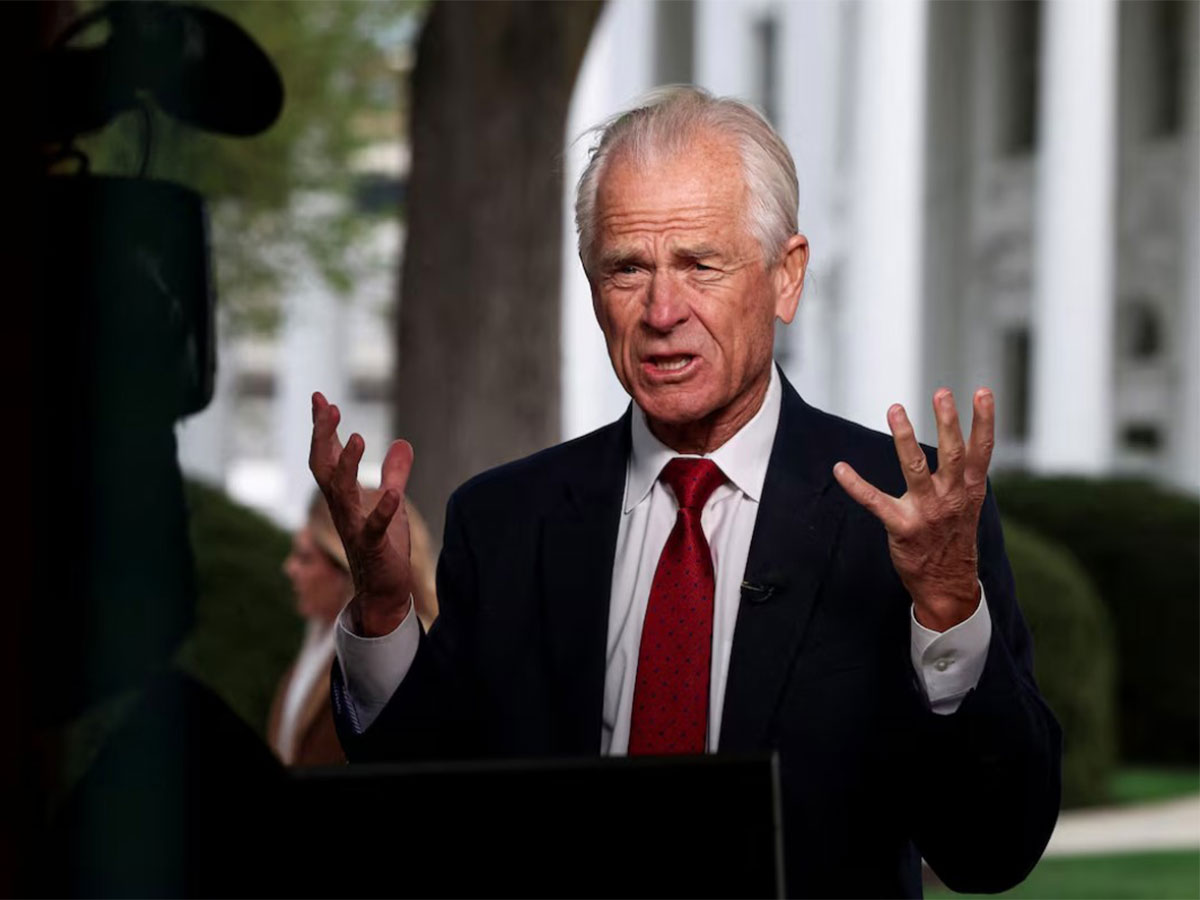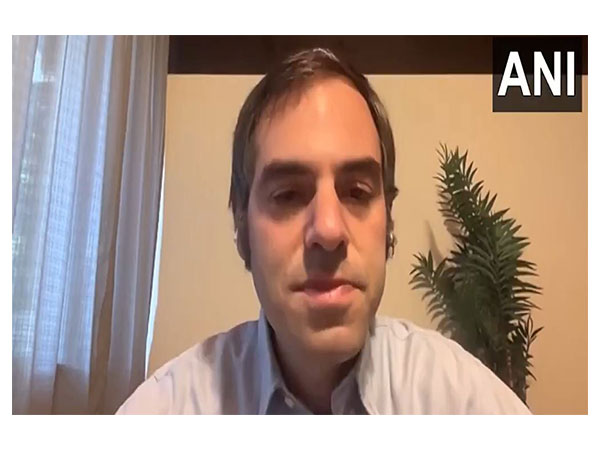New Delhi [India], April 18 (ANI): Legal experts have shared diverse opinions on Vice President Jagdeep Dhankhar’s criticism of the Supreme Court’s directive requiring the President to act within a specified timeframe on bills forwarded by Governors for consideration.
Senior Advocate and Supreme Court Bar Association President Kapil Sibal asserted that the judiciary has the right to intervene if the executive fails in its duties, as it serves the citizens. He emphasised that any attack on the judiciary must prompt political defence, as judicial independence is crucial to democracy.
Kapil Sibal criticised the Vice President’s remarks, stating he had never seen such political statements from a House chairman. He noted the President acts only on the advice of the Council of Ministers, making it inappropriate to question the Supreme Court’s directive. He also rejected the characterisation of Article 142 as a “nuclear missile,” affirming the court’s role in constitutional interpretation.
He condemned the judiciary’s public criticism, highlighting that judges cannot defend themselves and that judgments should be critiqued, not equated to executive actions.
Former Additional Solicitor General (ASG) Aman Lekhi said the judiciary cannot be a wing of the government.
“His (Vice President’s) criticism is misplaced… His comment leans towards excess, and amounts more or less to hyperbole, which people in constitutional positions should be wary of indulging in because there has to be both caution and restraint when you talk about legal and emotive issues. By stirring emotions, you take the mind away from the legality and create a misconception about the whole controversy, which can have long-term consequences because it can create a view that discredits the system. I’m not saying that any system should be averse to scrutiny, but the criticism should be warranted, and the scrutiny should be sensible,” he said.
“The judiciary cannot be a wing of the government… The judiciary is not supposed to oppose the government for the sake of opposing, but the judiciary cannot always be seen as being on the same side as the government because the government is a litigant in the judiciary… The fact that the court is considering legal controversies arising out of the government’s act shows that we’ve got a vibrant and effective legal system that’s a tribute to the worth and efficacy of our system, and we should celebrate it…. As long as there’s a means of resolution, conflicts are welcome, because conflict shows an intelligent and active polity,” he added.
Former Union Law Secretary PK Malhotra stated that Articles 32, 136, and 142 grant the Supreme Court extraordinary powers for enforcing fundamental rights, addressing cases without regular appeals, and ensuring complete justice.
“These powers, meant to be used sparingly, have been restricted by the Court itself through various judgments. Article 142 was first invoked in the 1998 Bhopal Gas case and has since been used selectively, such as in the Vishakha case and during the pandemic to enable virtual court functioning. While such use aligns with the Constitution’s spirit, frequent or indiscriminate application cannot be justified,” he said.
Former ASG and Senior Advocate Pinki Anand criticised the Supreme Court’s imposition of strict timelines for the Governor and President under Articles 200 and 201, arguing that interpreting “as soon as possible” in such a rigid manner constitutes judicial overreach.
She pointed out that the Constitution’s framers intentionally left the phrase open-ended to account for governance complexities, including expert consultations and stakeholder engagement, which arbitrary deadlines fail to accommodate, especially when multiple bills are passed in a single session.
Anand also raised concerns about the three-month deadline for the President to act on a bill, along with the possibility of a writ of mandamus for non-compliance. She emphasised that issuing a mandamus against the President is legally questionable, further complicating the ruling. In her view, such judicial interventions threaten the constitutional framework and disrupt the balance of powers.
Sumit Gehlot from Fidelegal Advocates & Solicitors, having handled several constitutional matters, stated that Article 142 empowers the Supreme Court to ensure complete justice and resolve legal gaps. He criticised the Vice President’s remark, and said using the term “nuclear missile against democratic forces” is inappropriate.
Gehlot stated that the Court was addressing Tamil Nadu’s challenge to delays by the Governor, emphasising that constitutional functionaries must act within a reasonable timeframe. With one bill pending since January 2020, he pointed out that the law mandates that powers be exercised within a reasonable period when no timeline is specified.
The Supreme Court ruled that the President must decide on bills reserved under Article 201 within three months, while Governors should act within a month on state assembly-passed bills. Gehlot concluded that the ruling serves justice, does not undermine democracy, and is neither judicial overreach nor legislative interference.
Advocate Ashish Dixit emphasized that the President of India holds a unique constitutional status, with Article 361 granting complete immunity from legal proceedings.
He pointed out that a 2006 Supreme Court Constitution Bench ruled the President cannot be made a party in court cases, making it contradictory for the Supreme Court to issue directives against the President.
Dixit further highlighted that Article 142 empowers the Supreme Court to ensure complete justice between parties but does not allow it to legislate–a role reserved for Parliament. He argued that interpreting constitutional provisions should align with the Constitution’s framework and that such a significant matter should have been adjudicated by a Constitution Bench. (ANI)
Disclaimer: This story is auto-generated from a syndicated feed of ANI; only the image & headline may have been reworked by News Services Division of World News Network Inc Ltd and Palghar News and Pune News and World News
HINDI, MARATHI, GUJARATI, TAMIL, TELUGU, BENGALI, KANNADA, ORIYA, PUNJABI, URDU, MALAYALAM
For more details and packages


